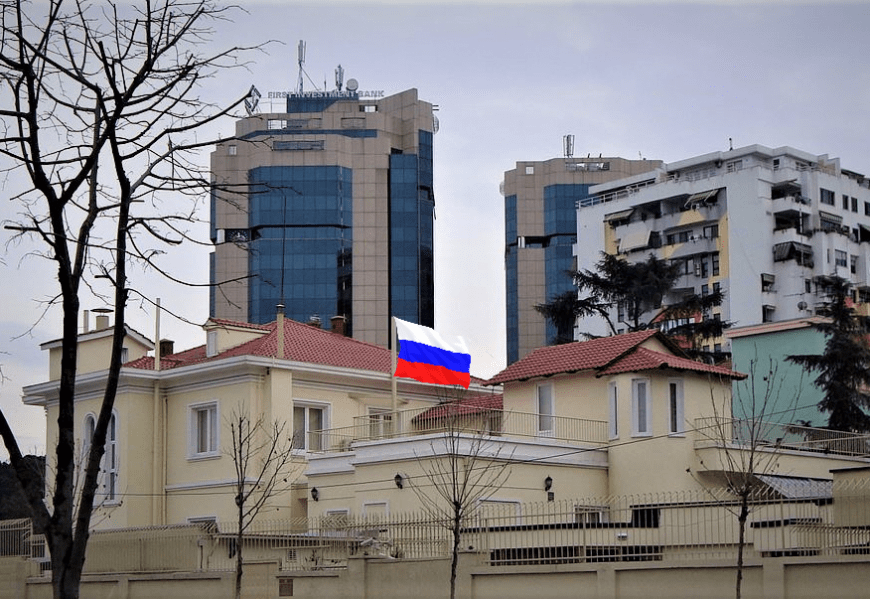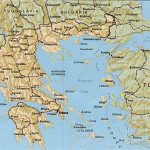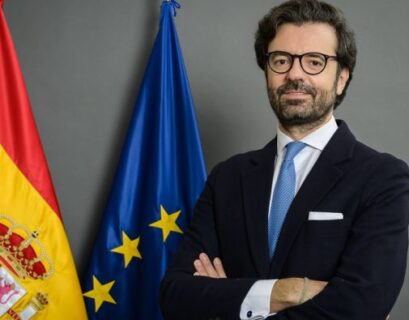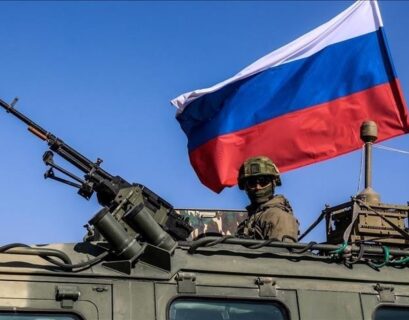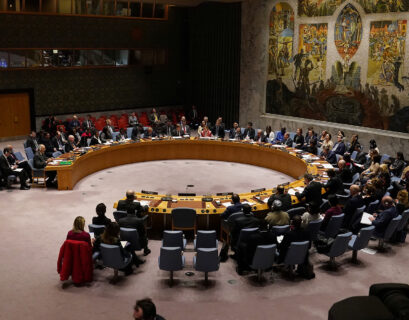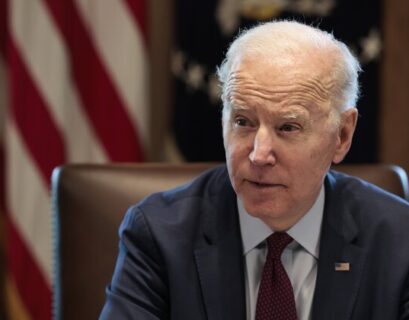by Loren Koçollari
Having mutually excluded the other’s diplomats during the first two months of 2021, Albania and Russia have ensured the continued deterioration of their relationship. In the best-case scenario, the state of their relationship has reached the same low as in 2018. In the worst case, it has become even more troubled, the consequences of which are yet to be seen. Back in March 2018, the Ministry for Europe and Foreign Affairs declared two Russian diplomats non-grata, citing that “their activity was not compliant with their diplomatic status.” On that occasion, it was clear that the decision was made in line with the ideals of Albanian allies, NATO, the United States and the European Union. It was collectively decided to expel the Russian diplomats, following the poisoning of former Russian agent Sergei Skripal and his daughter in the United Kingdom. As expected, Russia then responded back by expelling two Albanian diplomats— a tit-for-tat move. And yet the episode did not create significant long-term effects in the relationship between the two countries. It was not the aim of Albanian diplomacy to initiate a game.
This time the situation is different, or at least it is not as defined as it was three years ago. On January 21st of 2021, the Albanian government declared non-grata the first secretary of the Russian Embassy in Tirana, Aleksei Krivosheev, for repeated actions against “the measures taken by the Albanian authorities to protect the population against COVID-19.” According to the official statement of the Ministry for Europe and the Foreign Affairs of Albania, the Ministry had informed the Russian Ambassador on several occasions about the persistent violations of Krivosheev, with the purpose of preventing the need of further measures against him. The efforts of the Ministry were fruitless.
It didn’t take much time before Russia responded by expelling the first secretary of the Albanian Embassy in Moscow, Jonida Drogu. According to Russia, the removal of Russian secretary Krivosheev was a “provocation with the aim of gaining political points” made by Tirana while “playing along with anti-Russian forces in the West.” In a detailed letter, the Russian Embassy in Tirana argued that Krivosheev had followed all the rules imposed by the Albanian government regarding the pandemic, and noted that it is not common practice in diplomacy to mention the name of a diplomat as non-grata before the diplomat has left the host country. Nevertheless, Russia mentioned the name of Drogu, even before she could leave Moscow. When asked whether he thought the episode would deteriorate the relationship between the two countries, Prime Minister Rama attempted to minimize it: considering it as a “known,” “unfortunate” episode.
The difference between the above-mentioned episode and the incident of 2018, was first and foremost the motivation. Expelling a diplomat for not respecting the measures against the pandemic raised eyebrows in many circles in Tirana, and brought Albanian COVID-19 diplomacy to an international level by setting the precedent for such a case. In what framework we should read this episode? Needless to say, the official expulsion statement can not be considered the main reason behind the Albanian government’s move, taking into consideration that the Albanian media has been flooded with cases of political figures and famous individuals who have also violated the rules against COVID-19. These other cases have been resolved with fines and other “gentle” retaliation. As it may be conjectured, it is quite unlikely that Albanian intelligence has compiled files dedicated to such ordinary activity such as the reflection of violation of COVID-19 measures.
Some commentators connected the move to the previous virtual debate between the Russian Embassy and Prime Minister Rama. In late December of 2020, the Prime Minister’s Director of Communications, Endri Fuga, criticized the EU, writing that the Western Balkans were left on their own regarding access and rollout of the vaccine against COVID-19. The Russian Embassy stepped in. Through a screenshot of Fuga’s comment on Facebook, the Russian Embassy said that the Russian Direct Investment Fund is authorized to start the negotiations with each country interested in buying the Russian vaccine against COVID-19. “We have no doubts that Russia is ready to bring its vaccine ‘Sputnik-V’ to Albania,” the message from the Embassy read. Within 24 hours, Prime Minister Rama responded. He considered the offer inappropriate, saying “I thought it was a meme […] this is a ridiculous provocation, and it is not ok for a serious country such as Russia, to be ridiculous through such provocations, and neither it is ok for an important Embassy, such as the Russian one, to act like if it was a section of a comedy show.” The squabble ended when the Embassy replied again to Rama, by saying that “It’s difficult to understand why the honourable Prime Minister of Albania, Mr. Edi Rama, was so upset by the comment made by the Russian Embassy.” The Russian Embassy added that their intent was only that of evaluating applications for the Russian vaccine, open to any interested country, including Albania. “We are sorry that the goodwill of Russia, expressed publicly, is being interpreted as a provocation,” continued the statement by the Embassy. While it is obvious that these comments were a sign of growing tensions in the relationship between the two countries, it is also quite unlikely that it would have influenced the later drastic diplomat expulsion, as both parties had their say in the matter. It is interesting that on both occasions, COVID-19 related issues brought to the surface the cracks between the two countries.
The other two plausible reasons behind expulsion would be either internal reasons non-disclosed to the public, or a direct foreign request from one of Albania’s allies (as was the case in 2018). Both raise questions. If the Russian diplomat would have threatened Albanian national interest in any way, it is unlikely that the Ministry would have given a glimpse of the true story to the public. In other contexts, such as the expulsion of Iranian diplomats, the Ministry has not tried to cover up the motivation behind its move. But, the relationship with Russia is wholly more complex, since it is one of the biggest influencers in the Western Balkans, as well as the world as a whole. Confronting publicly over some remarks through Facebook posts and other declarations is one thing, and expelling diplomats is another, with the latter receiving much more international significance and attention. In using COVID-19 as an excuse, the Albanian government could have anticipated the media to bridge the expulsion with the debates of December, covering up possible other serious reasons behind this move in the neatest way possible. This last argument can stand if we assume that the decision to expel the diplomat was a direct request of other partner countries.
In the past, Albania has demonstrated its ability to closely follow requests made by NATO, the United States and other important allies in its foreign policy. The need to demonstrate loyalty towards its Western partners – both parties hoping to benefit strategically from it – has overlooked the necessity of diplomacy with other important players in the global arena. While this choice could have been argued to be fruitful before the pandemic, in the COVID-19 world this is no longer the case. Let’s take Serbia as an example. While Serbia is using COVID-19 diplomacy in the best way possible – gaining thousands and millions of doses of vaccines from Russia, China, Pfizer (United States), even sharing them with other countries such as North Macedonia and Montenegro – Albania is making the worst use of it. On one hand, Albania claims that is following closely the same regulations imposed by the European Union, and on the other one, it is perpetually criticizing the EU for their lack of support in providing vaccines to the Western Balkans, and blocking all other vaccine resources for the moment the vaccines begin rolling out from the Western world. In any case, it is clear that Albania continues to be fully Western driven in its foreign policy, especially during the pandemic. If one of the partner countries would have required Albania to expel a Russian diplomat for any particular reason, especially if the request would have been made under the NATO umbrella, chances are Albania would have obeyed immediately without giving further information to the public. The COVID-19 excuse was just the most affordable and sly of colors used to paint the picture.
Loren Koçollari has previously completed European Studies at the European College of Parma. He is following his PhD studies in Political Science at the Corvinus University of Budapest.


